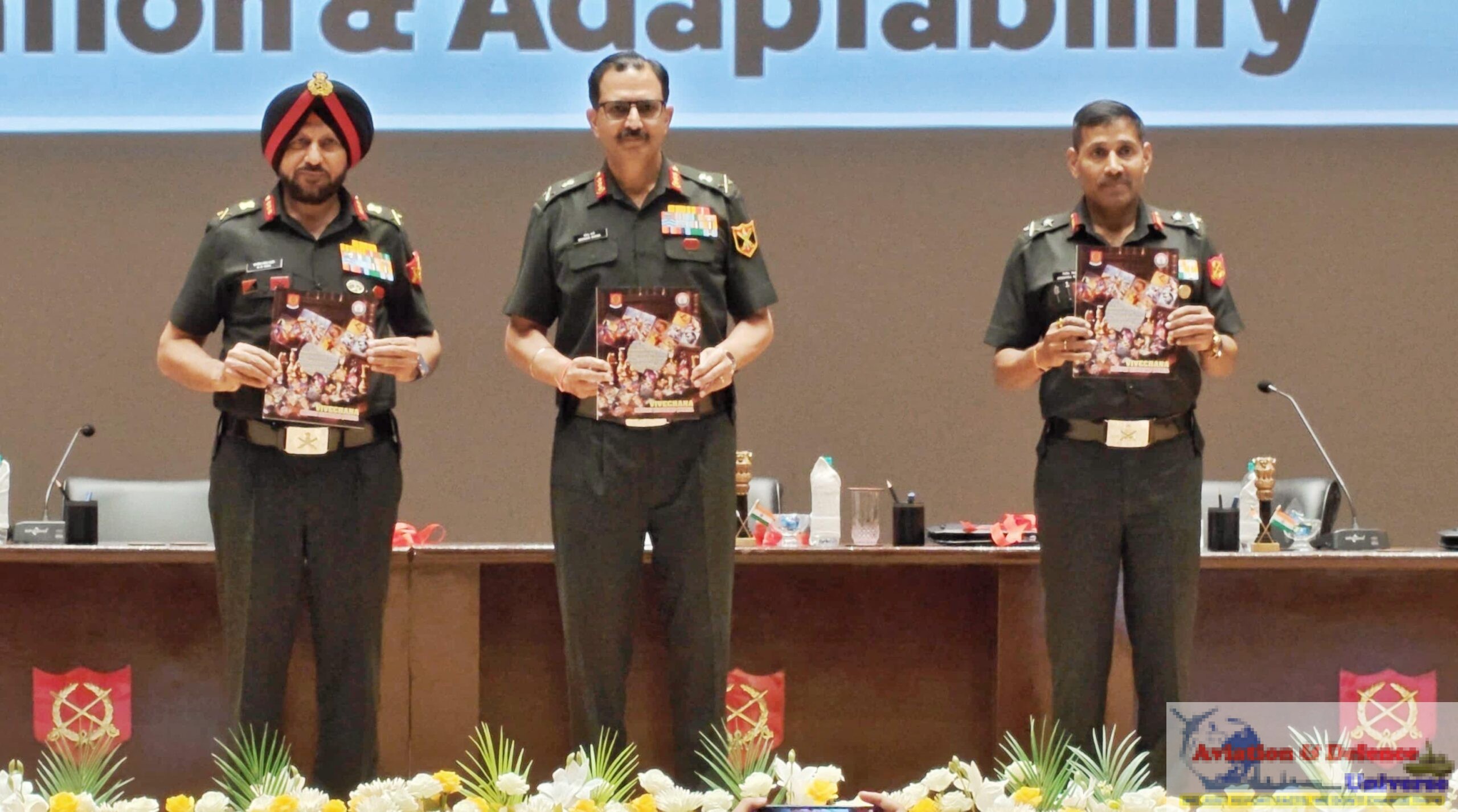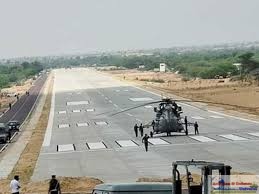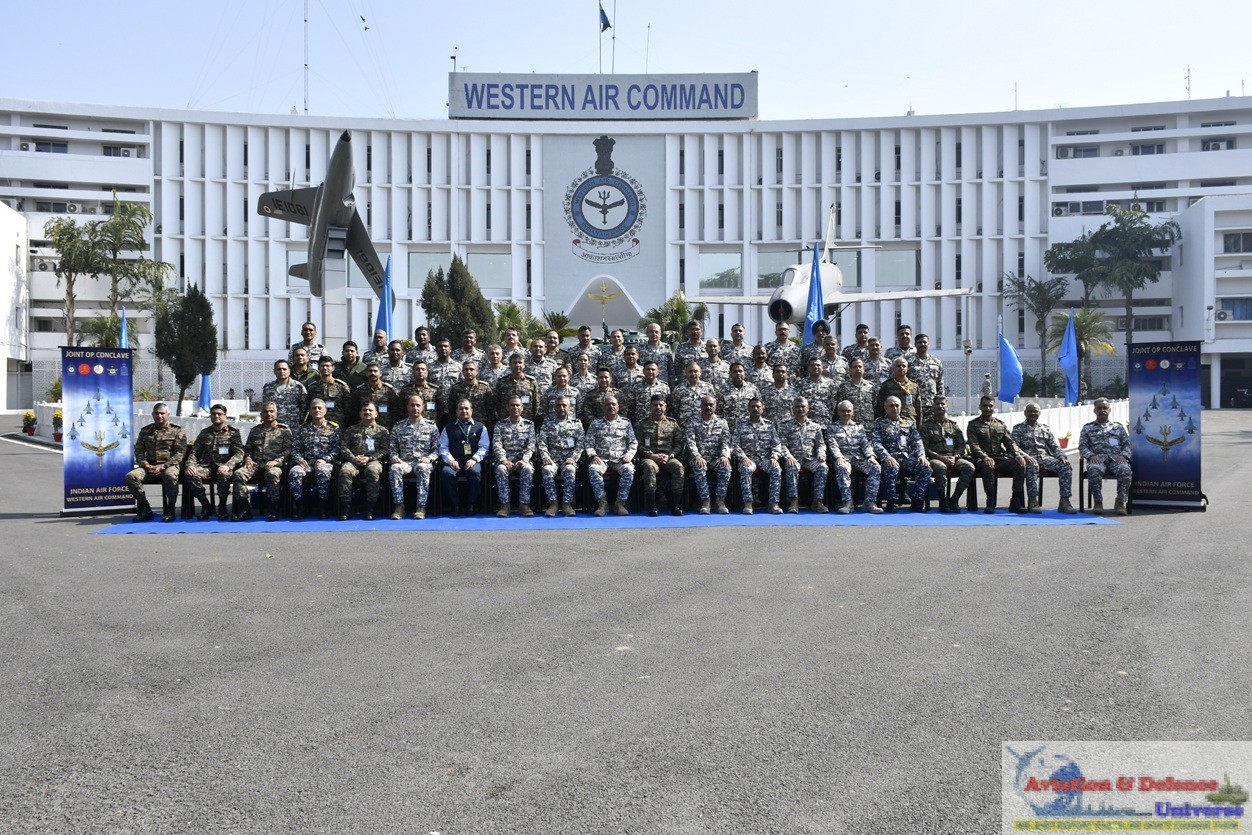By Sangeeta Saxena
Athens/New Delhi. 07 May 2025. In a resolute and precisely executed counter-terror operation, the Indian Air Force launched Operation Sindoor in the early hours of Wednesday, targeting nine high-value terrorist hideouts across Pakistan and Pakistan-Occupied Jammu & Kashmir (PoJK). The strikes came in response to the gruesome Pahalgam terror attack on April 22 that claimed the lives of 26 individuals, including 25 Indian nationals and one Nepali citizen, in Jammu & Kashmir’s Anantnag district.
At 1:44 AM IST, Indian forces struck key locations known to harbour the terror outfits Lashkar-e-Taiba (LeT) and Jaish-e-Mohammed (JeM)—most notably in Muridke and Bahawalpur, the long-established nerve centres of these Pakistan-based terrorist organisations. The Ministry of Defence confirmed that the strikes were executed with surgical precision, ensuring that no Pakistani military installations were targeted, reaffirming India’s intent to carry out focused, calibrated, and non-escalatory military action.
In a stern yet measured statement, the Defence Ministry reiterated India’s commitment to holding the perpetrators of the Pahalgam attack accountable. “Our actions have been focused, measured and non-escalatory in nature. No Pakistani military facilities have been targeted. India has demonstrated considerable restraint in selection of targets and method of execution,” the statement read. It further added that the strikes were directed specifically at terrorist infrastructure “from where terrorist attacks against India have been planned and directed.”
Prime Minister Narendra Modi, who had earlier vowed retribution, had made it clear that the planners and executors of the Pahalgam massacre would be pursued to the ends of the earth and punished “beyond their imagination.” Operation Sindoor delivers on that promise—serving as a strategic and moral message of deterrence, not just to terror networks, but also to their patrons.
India’s calibrated military response also exposed the false propaganda emanating from Pakistan’s military spokesperson, DGISPR, who initially dismissed reports of any cross-border strikes as “Indian fabrication.” Within hours, independent verification and satellite imagery confirmed hits on known terror facilities, rendering DGISPR’s narrative hollow and disingenuous. This blatant attempt to mislead both domestic and international audiences has once again highlighted Pakistan’s consistent pattern of denial and obfuscation regarding its role in supporting cross-border terrorism.
With Operation Sindoor, India has once again signalled its zero-tolerance policy towards terrorism and its intent to use all instruments of national power to secure its citizens. The operation also comes on the eve of a nationwide civil defence drill being held across 244 districts—underscoring the government’s emphasis on comprehensive national security and readiness in an increasingly volatile regional environment.
India’s actions stand rooted in international law and the sovereign right to self-defence, particularly in light of the persistent threat posed by terror outfits enjoying safe havens across the border. By carefully selecting targets and executing a non-escalatory operation, India has reinforced its position as a responsible actor committed to peace, but unafraid to strike when provoked.



































































































































